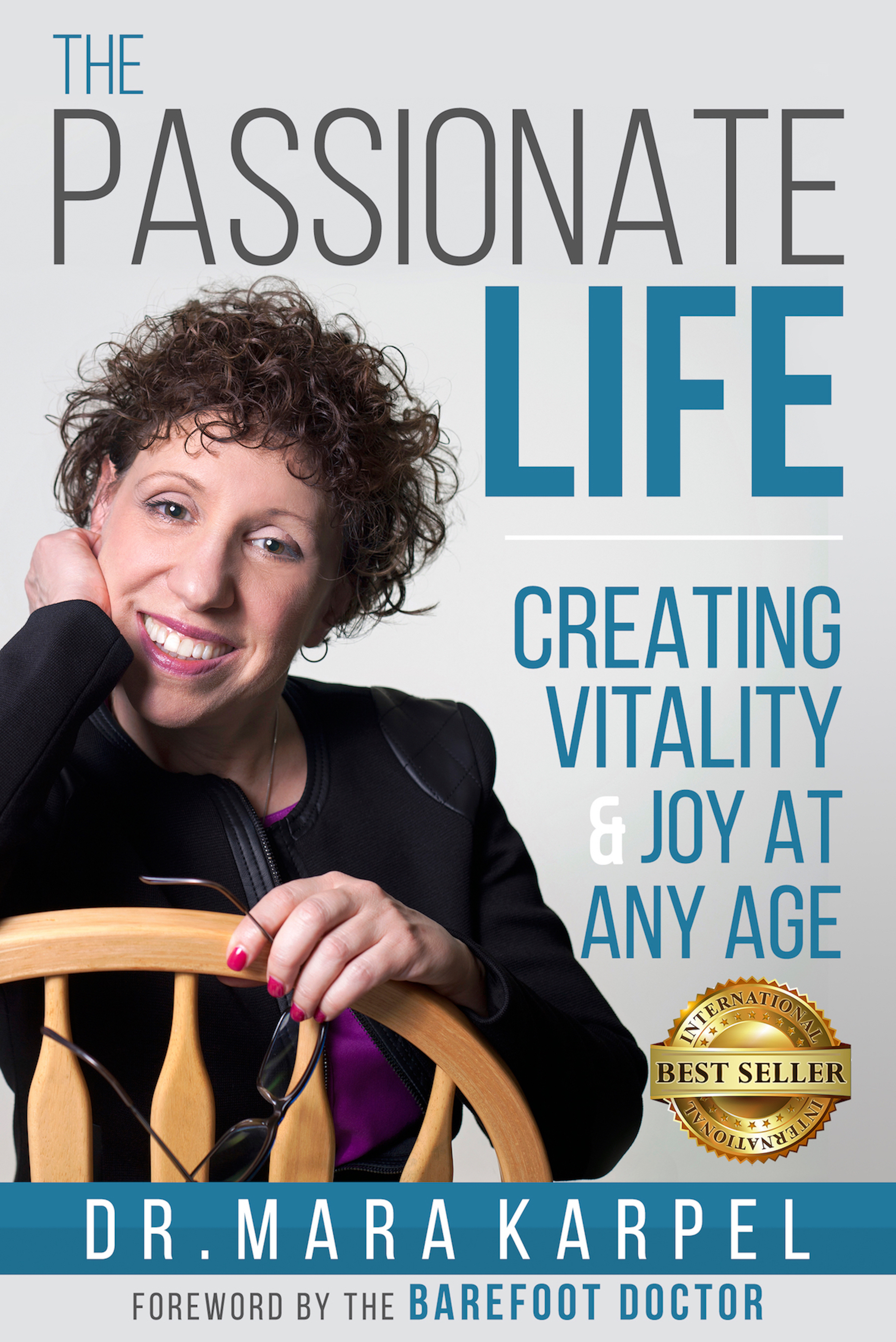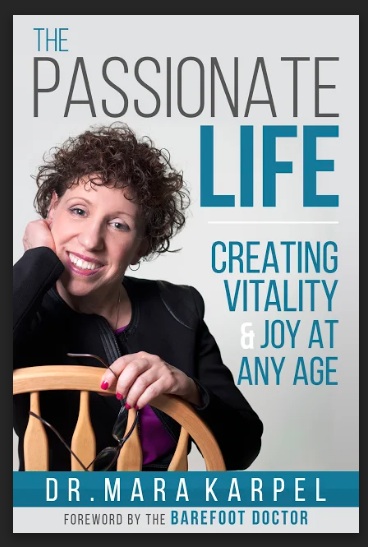“Trolls suck.” ~ Betty White
Lately I’ve been experiencing two major themes on a daily basis, both on social media and in person-to-person interactions. Those themes are that of anxiety and anger. These emotions seem to feed off of each other. One might even be the outright the cause of the other.
We have anxiety about the fate of the earth, our country, and our health. Every day, we deal with increasing extremes in our weather or predictions that it’s only going to get worse. We have disagreements about politics. Even friends are fighting with friends about the best path for the future of this country (well, at least people are paying attention for a change). And we have new scares about epidemics and pandemics that are out of our control.
It’s no wonder that we feel stressed out. And it’s no wonder that we feel angry.
Anger & Stress
Anger is one of the natural reactions to increasing stress. We often feel that we need to blame someone for the pickle we’re in. We need an outlet for releasing stress hormones coursing through our bloodstream. And what better release than an argument? Except that arguing, and especially nasty arguing, actually begets a brand-new cycle of stress. Adrenaline is released, but the back and forth of name-calling or blaming creates another stress response. Remember when we were kids and we used to recite the rhyme, “Sticks and stones will break my bones, but words will never harm me?” That was a lie. Words do hurt.
When we’re anxious and emotionally burned out, it’s hard to generate a feeling of compassion. As a result, we lose touch with the art of really listening to one another. We are unable to fully understand what other people might feel. We limit our ability to learn about their experiences. We increase the cycle of taking out our own angst on other people. This is quite a conundrum.
While expressing anger toward others is frequently the go-to coping skill to deal with the increasing pressures and stresses of the world, it’s the human connection and support of others that can be the most effective path to peace. The question, then, is how do we get there?
Path to Peace & Compassion
Here are a few tips that might help:
- It’s (probably) not about you. Remember that a person who strikes out to hurt you is likely feeling even more stressed than you are. This does not make their behavior O.K. But, having that understanding helps us to have compassion. “Don’t take anything personally,” wrote bestselling author, don Miguel Ruiz. “Nothing others do is because of you. What others say and do is a projection of their own reality, their own dream. When you are immune to the opinions and actions of others, you won’t be the victim of needless suffering.”
- Practice mindful meditation. When we step back away from the anger and the anxiety, we can calmly think through our responses, rather than reacting with even more anger.
- Embrace nature. We are reminded of the vastness of our life and the world that we live in when we’re away from the constant inundation of news and social media, There is beauty and calm that still exists no matter what is going on in our lives. Having this perspective can help us to calm down and to understand that we are all connected, no matter how different we might appear from one another.
- Imagery and affirmations are powerful. Rather than get caught up in feeling victimized by others and by the events of the world, we can expand our view of the landscape before us in a positive way, One of my favorite imagery/affirmation combinations is one that I created, using Jack Kornfield’s meditation, “The Earth is My Witness” as a guide. “Let my body be solid like a mountain and my mind open like the sky. May I rest on the Earth like a Buddha and become acquainted with my capacity to witness all that arises and to remain centered and stable and steady in the midst of it all.”
- Surround yourself with positive people. Love and respect make us feel safe. In addition, showing kindness and compassion transforms negative energy into healing energy. It serves our greater purpose by increasing the kindness in our communities. Opening our hearts and having compassion, “becomes a kind of salvation,” as Jack Kornfield writes.
- Journal. Writing about our situations and our feelings can be very beneficial. It helps to release difficult emotions, and puts our thoughts and feelings into perspective, unearthing lessons embedded in the situation. Also, journaling about what we feel grateful for is one of the most powerful tools that we have. Research conducted by Dr. Robert Emmons, at the University of California, Davis, found that people who kept gratitude journals felt better and had a more optimistic outlook. Try writing down what you’re grateful for every day for one week and see how you feel by the end of the week. “Be thankful for what you have; you’ll end up having more. If you concentrate on what you don’t have, you will never, ever have enough,” writes Oprah Winfrey. This is true alchemy.
Uncontrolled anger and anxiety only keep us hostage to events that we often have little control over. Freedom comes from knowing that your true self is the open-minded observer of all that is and trusting that peace is ours if we allow it. When we find ourselves pulled into and surrounded by the mud, it’s helpful to remember the words of the great Buddhist monk, Thich Nhat Hahn, “There is the mud, and there is the lotus that grows out of the mud. We need the mud in order to make the lotus.”
Image by Reimund Bertrams from Pixabay
Read similar blogs by Dr. Mara and listen to her internet radio show. Now available on Apple Podcasts.
Also, be sure to follow her on Facebook for updates on her show and new blogs.
Check out Dr. Mara’s internationally best-selling book, The Passionate Life: Creating Vitality & Joy at Any Age!



